Harry Frankfurt wrote about the characteristics of personhood in his article “Freedom of Will and the Concept of a Person.” The majority of his article focuses on what the term “free will” accurately means and discusses which situations constitute an expression of true freedom of will. However, his article delves into this question by first asking for the characteristics that define a person. He rejects the notion that “person” is the singular of “people” because he believes “the criteria for being a person do not serve primarily to distinguish the members of our own species from the members of other species” (BonJour 275). In this particular section of his argument, his thesis statement would be that the definition of person “[is] designed to capture those attributes which are the subject of our most humane concern and the source of what we regard as most important and most problematical in our lives” (BonJour 275). To Frankfurt, the single most important aspects would be true freedom of will and rationality. At first glance, Frankfurt’s position seems uncontroversial, thought out, and sound. One needs to start breaking down what his premises are really saying to discover his conclusion and determine that his argument is not as strong as previously thought. The
following is a simplified version of his argument:
1. Our concept of ourselves as persons is not to be understood as a concept of attributes that are species-specific.
2. Essential to persons are characteristics that are uniquely human.
3. One characteristic that is uniquely human is the structure of a person’s will, particularly second-order desires.
4. Therefore, it is having second-order volitions that is essential to being a person.
As noted before, at first this seems like a highly uncontroversial stance. It is only when certain premises are called into question that the argument starts breaking down.
Tuesday, April 14, 2009
Personhood Part II
Part II of the Philosophical question - what does it mean to be a person?
Subscribe to:
Post Comments (Atom)

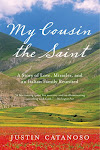
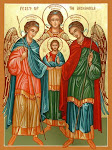

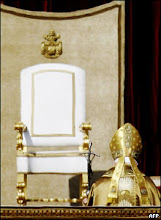
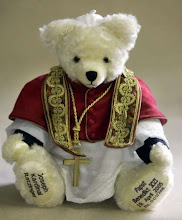

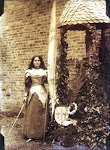


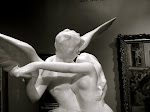

No comments:
Post a Comment